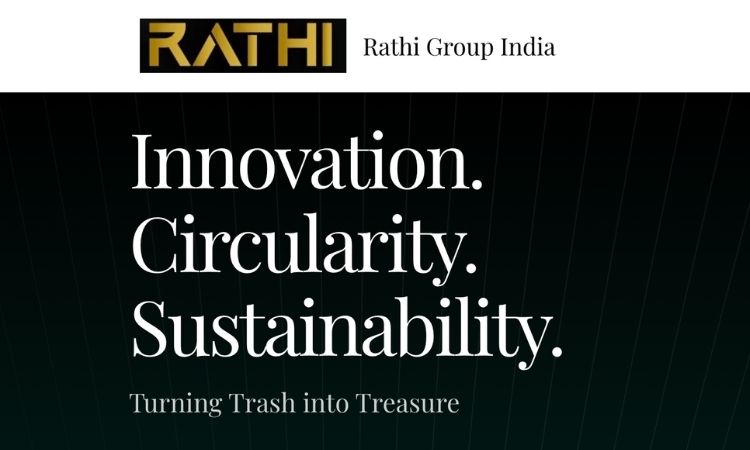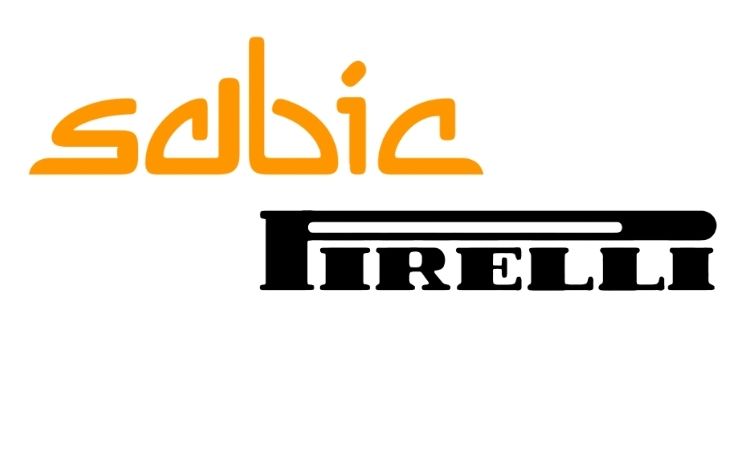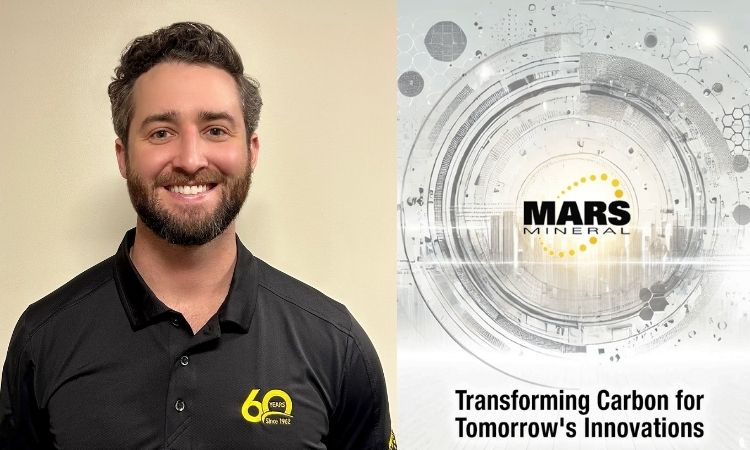India to implement extended producer responsibility for end-of-life tires
Business Standard reports that the draft notification for regulations for the extended producer responsibility (EPR) for tires has been shared by the Indian Ministry of Environment, Forests, and Climate Change.
This move could have a huge impact on many countries that are the largest exporters of waste tires to India. Any drop in the Indian market will have a significant impact on the waste tire industry.
According to information provided for an NGT case, India discards approximately 275,000 tires per day but does not have a systematic plan in place to dispose of them. Over and above it, about 3 million waste tires are imported for recycling. The NGT had on September 19, 2019, in a case related to the absence of proper management of End-of-Life Tires/Waste Tires (ELTs), directed the Central Pollution Control Board (CPCB) to come up with a comprehensive waste management plan for the waste tires and their recycling.
The waste tires are recycled as reclaimed rubber, crumb rubber, crumb rubber modified bitumen (CRMB), recovered carbon black, and pyrolysis oil/char. According to media reports from 2019, the petitioner in the NGT case claimed that the pyrolysis industry in India produces low-quality products that should be banned to protect the environment and that the industry emits highly carcinogenic/cancer-causing pollutants that are harmful to the respiratory system.
The draft notification mentions the EPR obligation for 2022-23 as 35 per cent of the quantity of new tires manufactured/imported in 2020-21, EPR obligation of 2023-24 will be 70 per cent of the quantity of new tires manufactured/imported in 2021-22 and the EPR obligation of 2024-25 would be 100 per cent of the quantity of new tires manufactured/imported in 2022-23.
After 2024-25 (Year Y), the EPR obligation will be 100 per cent of the quantity of new tires manufactured/imported in the year (Y-2) and units established after April 1, 2022, the EPR obligation will start after two years (Y) and will be 100 per cent of the new tires manufactured/imported in the year (Y-2).
The EPR obligations would apply to both the producers and recyclers of waste tires. According to the draft notification, registration would be mandatory, which would mean that no organization - whether a producer or a recycler of discarded tires - could do any activity without first registering. This is a significant development because much of the tire waste recycling and burning takes place in an unorganized and unscientific manner in the unorganized sector.
"The term 'Environmentally sound management of waste tire' means taking all steps required to ensure that waste tire is managed in a manner that shall protect health and the environment against any adverse effects that may result from such waste tire," an official from the Ministry explained.
The draft notification was issued on December 31 under the relevant provisions of the Environment (Protection) Act, 1986, and stakeholders and the general public were given 60 days to submit complaints or ideas before it was finalized.
The Central Pollution Control Board (CPCB) had previously formed a group for the 'Circular Economy in Tire and Rubber Recycling Industry' to develop a comprehensive action plan for handling waste tires. The committee included the representatives of NITI Aayog, Department for Promotion of Industry and Internal Trade, Ministry of Commerce and Industry, CPCB, National Highway Authority of India Ltd, CSIR-National Environmental Engineering Research Institute (NEERI) among others.
To read more, please proceed to Business Standard.
Weibold is an international consulting company specializing exclusively in end-of-life tire recycling and pyrolysis. Since 1999, we have helped companies grow and build profitable businesses.









